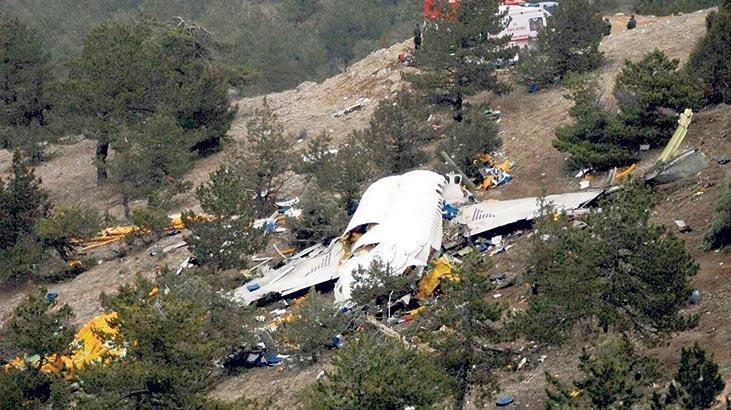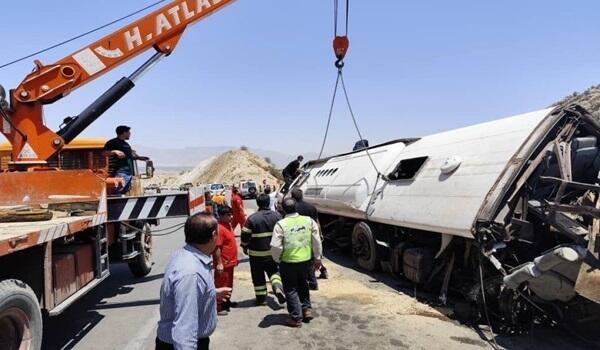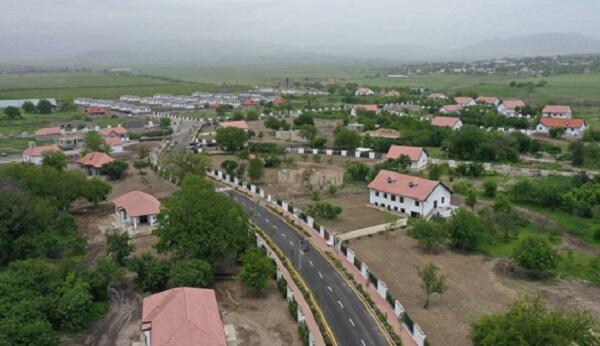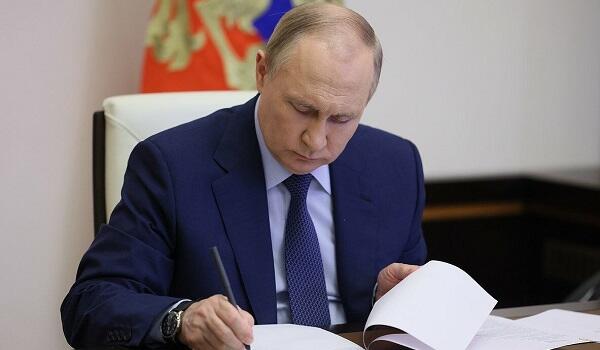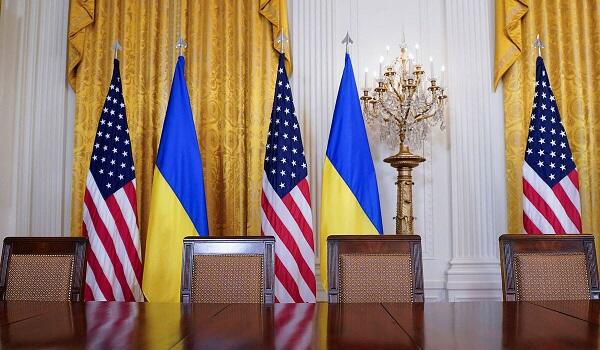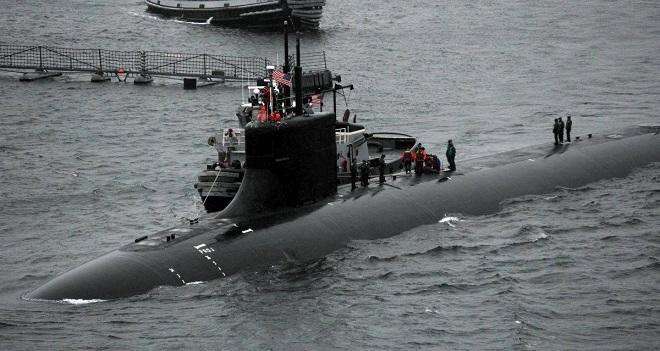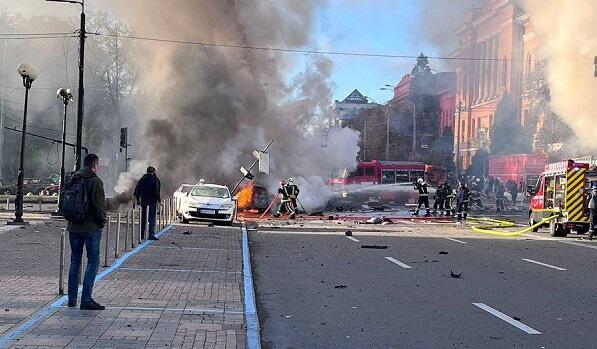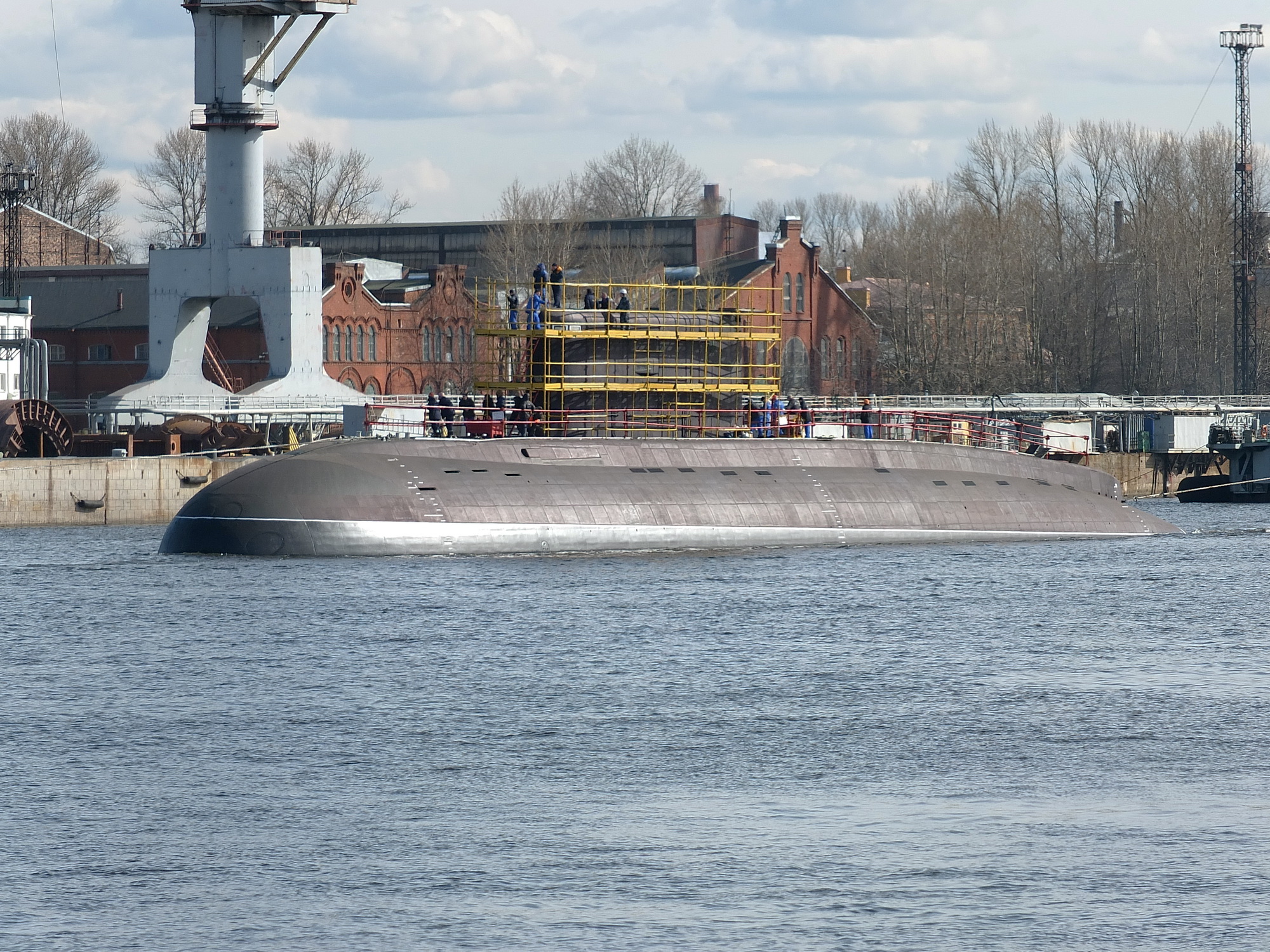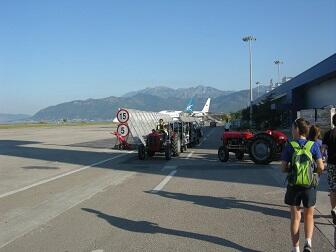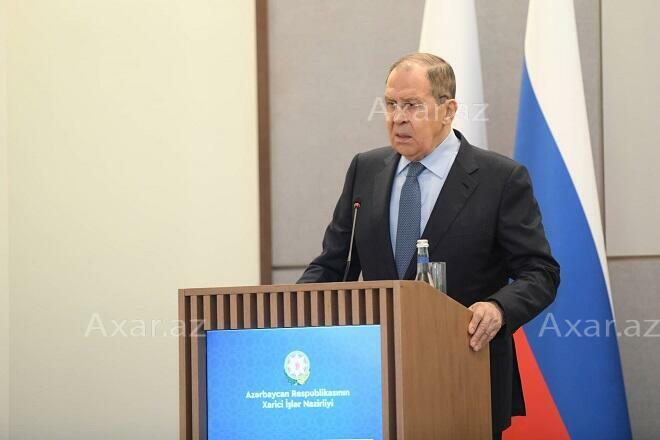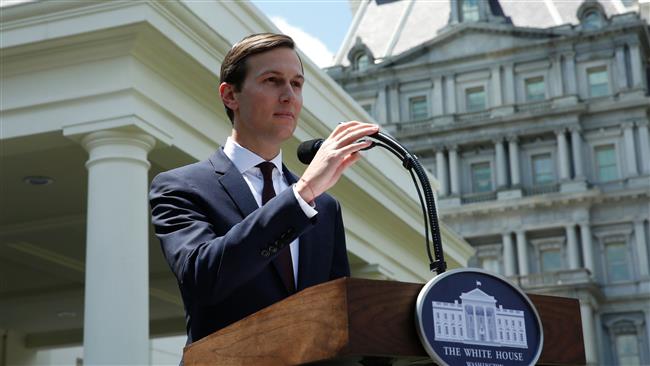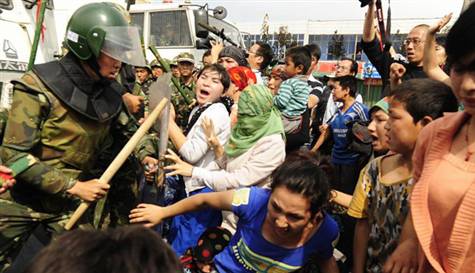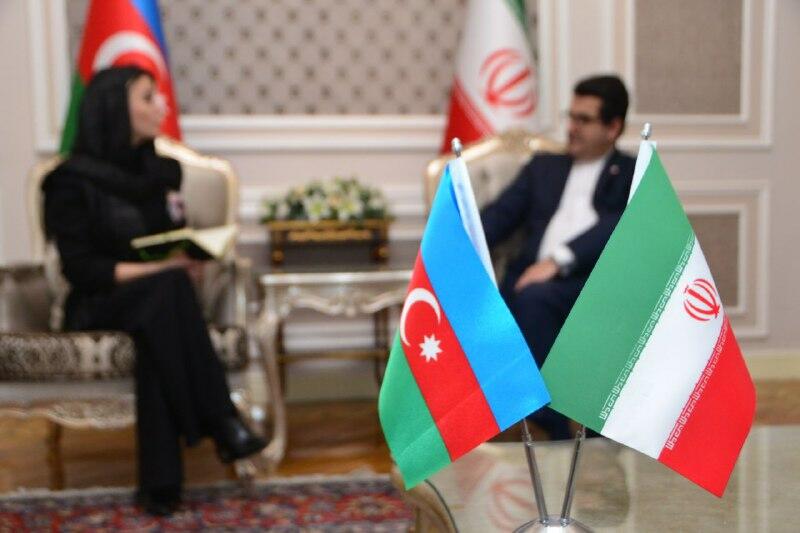Axar.az presents an interview with Shahin Jafarli, political expert:
- There are reports that the Chinese authorities have reached a high level of assimilation policy against the Uighurs ...
- This problem is one of the most troublemaker issues in China for nearly 250 years. The East Turkestan region, now called China's Xinjiang Uygur Autonomous Region, has always been a concern for Beijing, and occasionally there have been mass protests, rebellions, and bloody events. Now it seems that the Communist Party of China has found a more radical solution, realizing that it is not possible to achieve a permanent solution for this problem by force alone. The way is to assimilate the Turkish-Muslim people living in the region by destroying their national identity. Doing this, a policy is being taken to remove them from the Turkish-Islamic culture and traditions, which are the cornerstone of the national identity of the Uighur and other Turkic-Muslim nations. In the region, people who are not loyal to the Chinese government, who have little social activity, and who regularly attend mosques and worship, are being gathered in labor camps. They are brainwashed with daily propaganda activities. In addition, Uighur homes are visited by local officials on a regular basis, and even uninvited guests stay home for a few days and propagate. There are reports of the destruction of many historical monuments, even tombs. To control the local population, the government has established a digital tracking system, by using modern technology. The aim of all these events, of course, is to erase the historical memory of the population and to create a loyal community to China in the Uighur region by removing them from their roots.
- Is there any connection between the assimilation of the Uighurs and China's economic policy?
- There are also geopolitical and geo-economic factors. Xinjiang-Uighur region is China's largest administrative-territorial unit. This region is one of the north-western zones of the country which is a corridor to the world. China's global infrastructure project, "One Pipeline, One Path," runs through the North Corridor (China-Central Asia-Russia-Europe), one of the three Trans-Eurasia economic corridors. Xinjiang will be an important logistics hub with 15 underground ports (cargo terminals) to be built and two airports. For this reason, establishing long-term stability in the region and eliminating the potential protests have become a vital challenge for China. The region is also rich in natural resources - oil, gas, and coal, accounting for about 30% of the country's oil, and 40% of coal and gas exist here is another factor that increases Xinjiang's importance for China. Therefore, establishing long-term stability in the region and eliminating the potential for protest has become a vital challenge for China. In other words, this issue is very important in terms of China's national security and economic welfare.
- Could the recent actions on the Uighurs cause the rise of the Uighur resistance movement in the country?
- Let's be honest, our information about the region is limited. Foreign journalists and diplomats are rarely allowed there. Following the disclosure, such visits were severely restricted. Therefore, it is difficult to say whether there is any resistance among the Uighurs or not. However, following the harsh methods used to calm the Uighurs, there is a low probability of serious mass protests.
- Why is the West still not reacting to the situation in western China except the US?
- There are several reasons. First of all, China is a global player and great power. This country is one of the 5 permanent members of the UN Security Council, the second-largest economy in the world. Being against his policies, accusing him is not an easy task. It is not just about the size of China. For example, the US is a superpower, but states can criticize its policies without hesitation. Because the US is a democratic state and is open to criticism. The US media and the public itself criticize the US more than any other country. But China is a totalitarian regime with no freedoms and is not tolerant with criticism, and reacts very harshly to the slightest criticism. For example, a few months ago, China responded to the Turkish Foreign Ministry`s light criticism of the Uighur situation by closing the Chinese consulate in Izmir and threatening to take further actions if such criticism continues. Therefore, the Turkish states (as well as some Western countries) are cautious. On the other hand, all countries, especially the countries of Central Asia, have established very deep economic cooperation with China, and attract investment from China. The countries do not want to risk this cooperation. Another reason is that most of the Turkic-Muslim countries have serious problems with human rights and democracy. We can only mention Turkey as an exception. It means it is not easy for other countries with internal problems to blame China for the same problems. As for the western states, under the leadership of the United States, they occasionally express their objections to China. But they also don't want to risk too much for their own economic interests.
- Can the increasing pressures against the national minorities within China, as well as, deepening economic gap between the east and the west of the country cause the separatism trends and rebellious spirit in the future?
- You know, a similar problem exists in the Tibet region besides the Uyghur region. These two regions are neighbors, and this is an additional factor pushing the Chinese government to ensure strict control over Xinjiang in order to avoid the spillover of a possible disorder to infect each other in the region. Because the problem emerged in one of them or the weakening central government may have an impact on the other one as a chain of events. Additionally, the Hong Kong issue is also a huge headache for China. Plus, there is also a problem with Taiwan. Naturally, the USA tries to use these issues against China in global competition. During the last few weeks, the US Congress adopted the laws on both Hong Kong and Uyghur problems. These documents include imposing sanctions on the Chinese officials responsible for the violation of human rights in the country and other elements. The US increases its military support to Taiwan. All these, metaphorically speaking, are a step that equals to rubbing salt into China’s wounds, and it irritates China tremendously. The US will continue its attempts in this direction. That’s why I think even if the two countries sign a trade deal, the US-Chinese relations will get tense. There is no doubt that the impact of this tension inside China is inevitable. The start of the decrease in the economic growth rate in China is also alarming for this country. If China could not prevent this trend, social tensions will grow within the country.



